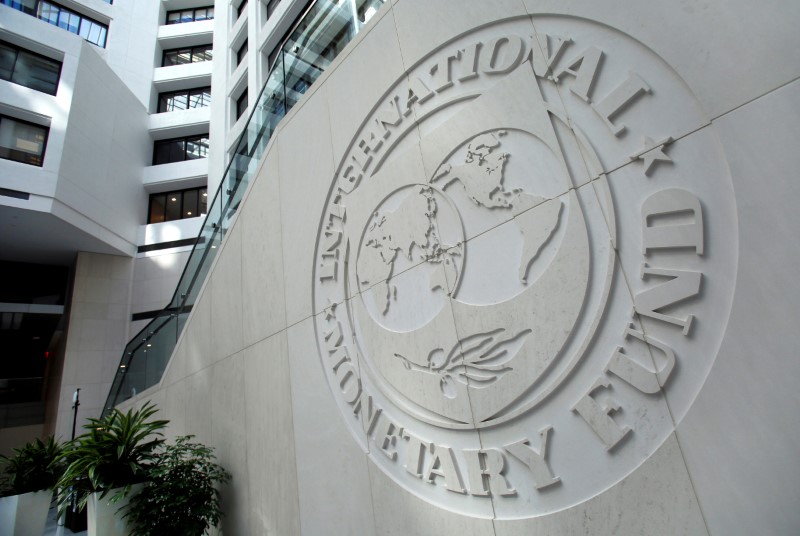By Duncan Miriri
NAIROBI (Reuters) - African exporters of oil and commodities should remove subsidies and boost taxes to weather their slowest growth in more than two decades, the International Monetary Fund said on Tuesday.
The Washington-based fund cut its 2016 growth forecast for Sub-Saharan Africa to 1.4 percent, from 3 percent in May, as economies from Nigeria to Zambia reel from the drop in commodity prices.
Abebe Selassie, the director of IMF's African Department, said growth could start to recover next year to 3 percent, but only if the battered economies carry out fiscal reforms.
"Should they fail to do that, vulnerabilities will heighten and the crisis of the weak economic performance we have seen so far will get even more difficult," he told Reuters.
African economic growth was more than 5 percent in the decade leading up to the commodity price drop, but it is now being dragged lower by 23 resource-dependent nations like Nigeria, South Africa and Angola.
While average growth was 3 percent last year, countries that are more diversified like Rwanda and Senegal will continue to grow at more than 5 percent.
Nigeria, which is in its first recession for more than 20 years, has been seeking to widen its tax base, to offset lower revenues caused by the slump in oil prices.
Selassie said Nigeria's low debt was a source of strength, adding officials needed to offer more certainty through a "coherent and consistent policy package".
Zambia, which has been hit by lower prices of copper, could save some money by eliminating fuel subsidies, he said.
"Fuel subsidies take out huge amounts of government resources and generally also they tend to be very regressive."
Kenya, a broad-based economy that is still growing at a robust 6 percent, was justified in expanding its fiscal deficit to invest in roads, power plants and other infrastructure.
"However, it is important to make sure going forward, the medium-term consolidation path that the government has in mind is adhered to," Selassie said.
The East African nation plans to partly plug a gaping budget deficit this fiscal year from international capital markets.
Selassie said African nations needed to balance commercial debt, like Eurobonds, with other cheaper forms of financing from development institutions. Several nations have made debut Eurobond issues in recent years but the pace has slackened off.

Eurobonds "cannot be the main source of financing for countries. It can complement other forms of financing and importantly, you want to minimize the deficit financing."